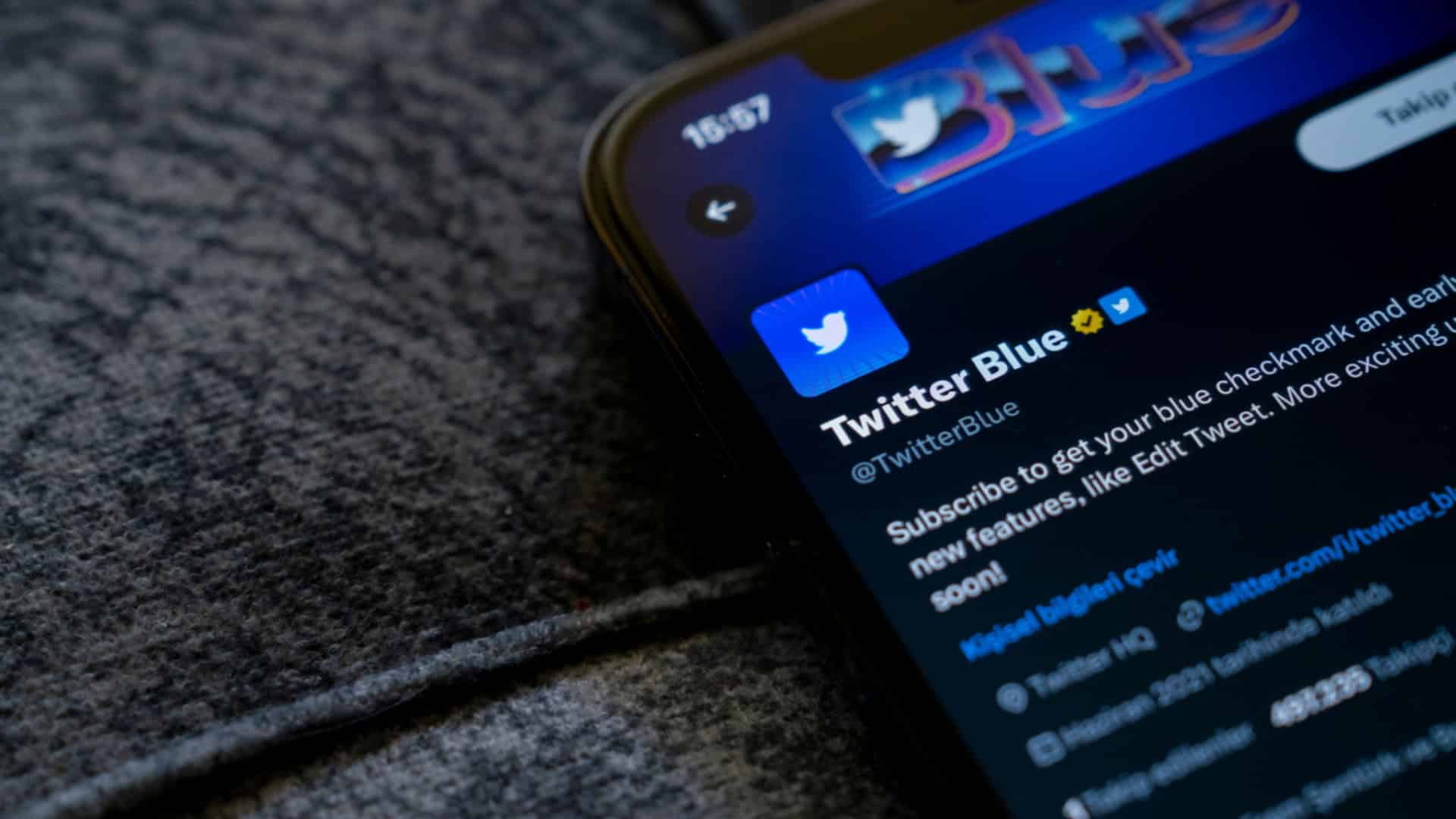Twitter is now delivering on its promise to show less ads to Twitter Blue subscribers. The company has added details of how “Half ads” will work to its Help Center.
Why we care. If you’re advertising on Twitter or thinking about it, this change could have a minor impact on ad reach. “Minor” because the total number of Twitter Blue subscribers is less than 1% of its overall user base.
What’s changed. Twitter has added this information:
“See approximately 50% fewer ads in the For You and Following timelines. As you scroll, you will see approximately twice as many organic or non-promoted Tweets placed in between promoted Tweets or ads. There may be times when there are more or fewer non-promoted Tweets between promoted Tweets.”
Clearly, “Half ads” won’t actually be “half ads” on Twitter. It will be approximately 50% fewer, and limited to the For You and Following feeds.
Where “Half ads” doesn’t apply. Twitter specifically mentioned it won’t apply to the following areas, but noted it’s not “limited to” these:
- Ads on profiles.
- Ads in Tweet replies.
- Promoted events in Explore.
- Promoted trends.
- Promoted accounts to follow.
Updated Twitter Blue subscribers count. Twitter now has 498,117 Blue subscribers as of April 2, according to this analysis.
Related stories
New on Search Engine Land

